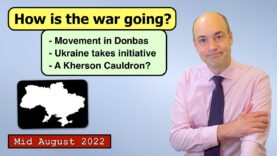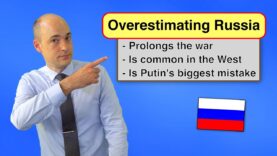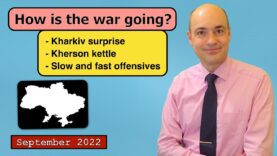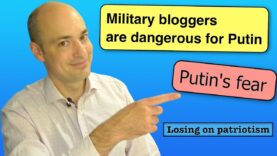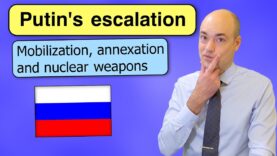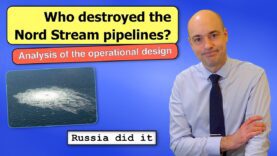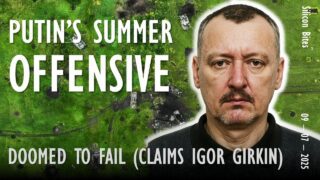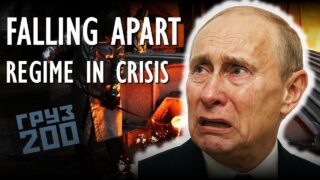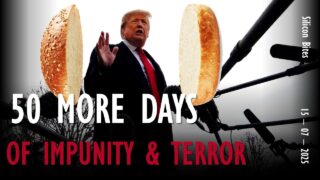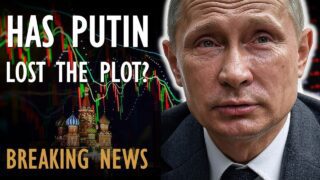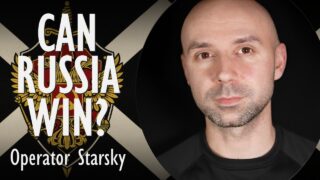Mobilization, annexation and nuclear weapons
Video Summary
As Russia’s conflict in Ukraine drags on, Russian President Vladimir Putin has chosen to partially mobilize, calling up 300,000 military reservists. While many have questioned the effectiveness of this move, some analysts suggest that Putin is trying to regain control over the narrative in Russia. Putin’s initial inaction and inability to win the war has allowed ultranationalists and military bloggers to gain traction, criticizing his handling of the conflict. This perceived loss of control has forced Putin to take drastic measures to regain popular support.
While some argue that this mobilization is a sign that Russia is preparing for a long-term conflict, it may actually be a ploy to quickly end the war. By taking control of the narrative, Putin hopes to create a fait accompli, making it seem as if the war is already won. However, some experts believe that this move will only lead to more criticism from ultranationalists and military bloggers, who will demand more decisive action.
Furthermore, the mobilization may not address the underlying issues plaguing the Russian military, including its lack of air superiority, command and control problems, and logistical issues. As a result, the war may actually get worse, and the Russian public may turn against Putin.
Ultimately, the mobilization is a risk for Putin, as he walks a tightrope between pleasing his ultranationalist base and reassuring the West. If the war drags on, he will face criticism from both sides, and the danger of a nuclear escalation increases. As tensions rise, the world is bracing for the worst, and the possibility of a nuclear confrontation becomes a looming threat.

